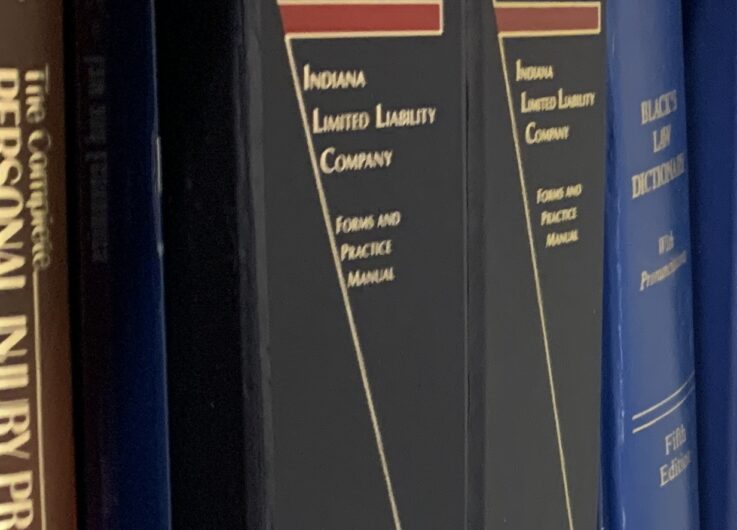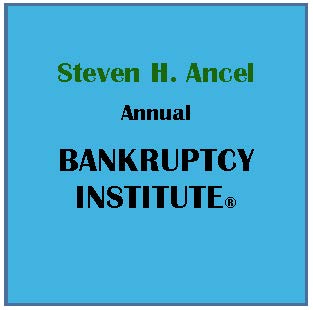Indiana Creditors’ Rights and Commercial Collections Attorneys
Our Creditors’ Rights and Collections Practice is devoted to protecting creditors in every aspect of commercial transactions, ranging from pre-default strategy and document preparation to post-default collections and execution.

We have the experience necessary to negotiate, litigate, and resolve claims involving sales of goods, services rendered, leases and other contracts, replevins, foreclosure of security interests, receiverships, bankruptcies, out-of-court workouts, forbearance agreements, promissory notes and any other legal issues facing creditors.
We have helped thousands of creditor clients protect and enforce their legal rights, from small companies seeking to collect a debt to large financing companies with accounts nationwide. With an extensive and refined creditors’ rights and collection process, we have developed sophisticated practices that allow us to be highly efficient no matter the size of the claim.
Pre-Judgment
We help creditors protect their rights to pre-judgment relief designed to prevent improper sales and other dispositions of debtor assets, as well as ensuring that proper measures are taken so that the value of the assets do not diminish.
Obtaining Judgments
When debtors default on their obligations, we represent clients seeking to effectively and efficiently obtain judgments. We are adept at opposing efforts that may be taken by debtors to delay legal proceedings and the entry of the judgment our creditor clients are entitled to.
Asset Identification & Foreclosure
In order to foreclose on assets after judgment has been entered, the assets must first be identified and located. In some cases, debtors will have readily-identifiable assets, such as bank accounts, which can be attached or made subject to garnishment. In these cases, we move swiftly to attach or garnish the assets.
In other cases, debtors may attempt to conceal assets, such as moving vehicles to a relative’s house, or taking other deceptive action. We are experienced in locating these assets and in determining bank accounts that may not have been identified during the litigation.
Debtors may also attempt to shield their assets by moving their assets outside of Indiana or relocating to another state. We are experienced and adept at locating debtors, identifying assets that are potentially subject to attachment, domesticating Indiana judgments in other states, and foreclosing upon assets. We have processes in place (including working with firms in states outside of Indiana) which allows us to effectively locate debtors and their assets even if outside of Indiana.
Flexible Fees and Risk-Sharing
We believe it is in the best interests of our clients to be flexible with potential fee arrangements where appropriate, including risk sharing in collection matters. We are willing to work with clients to develop flexible fee arrangements depending on the nature of the matter to help minimize risk and potential legal expense to clients.







